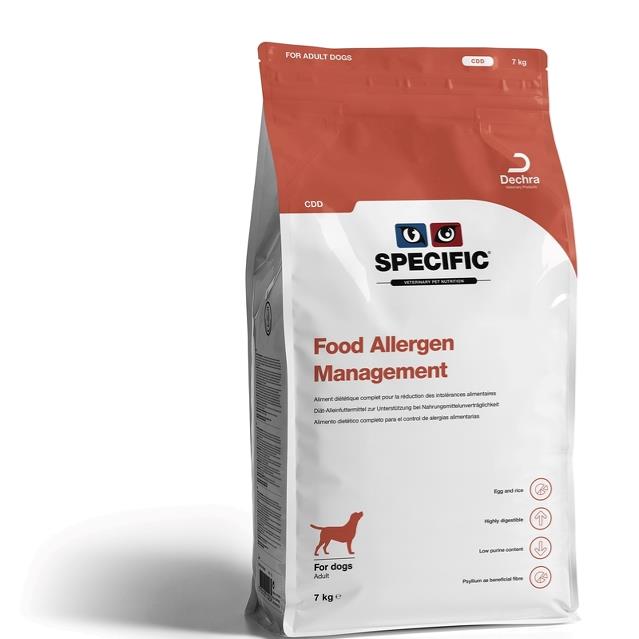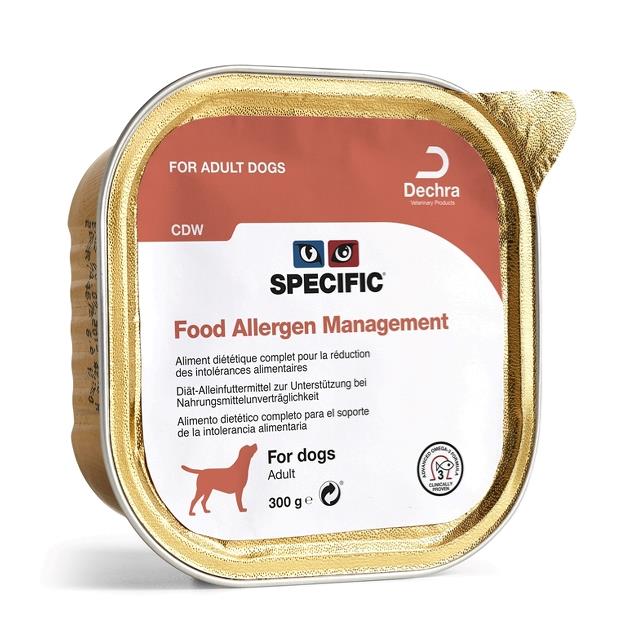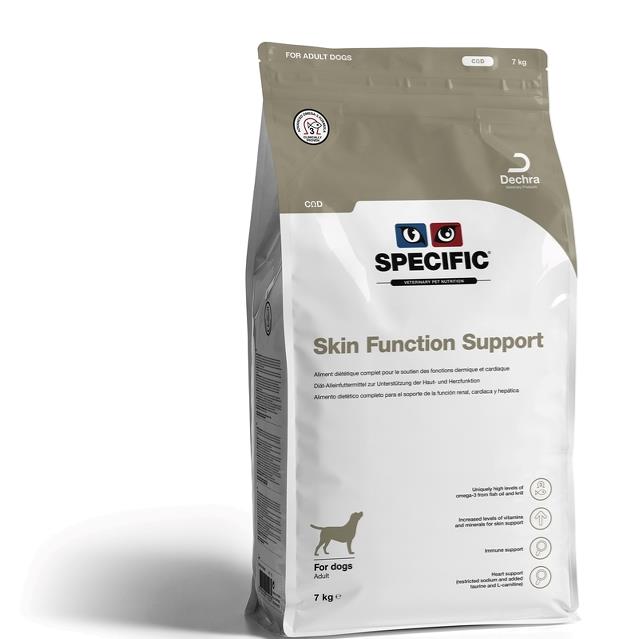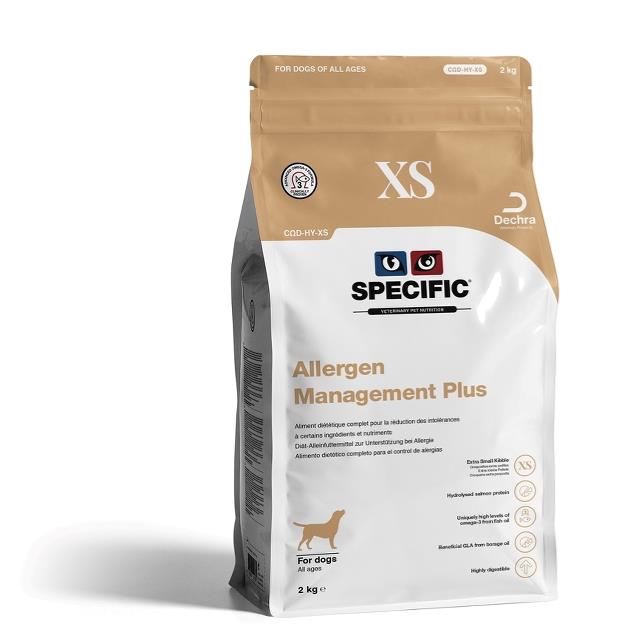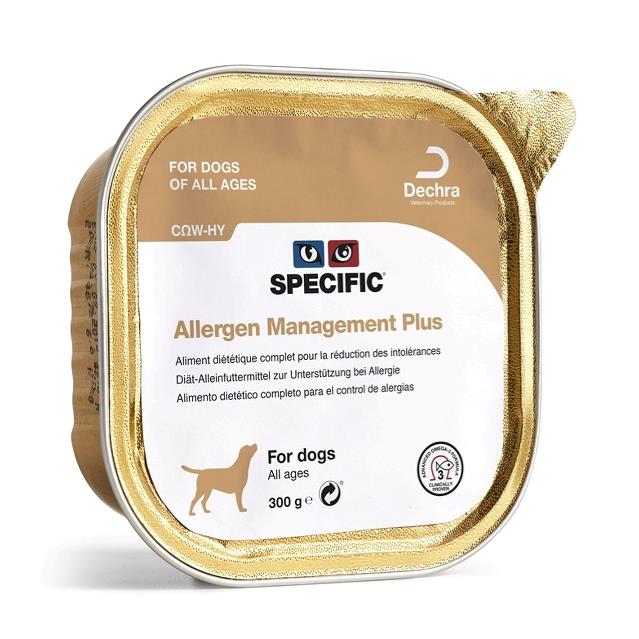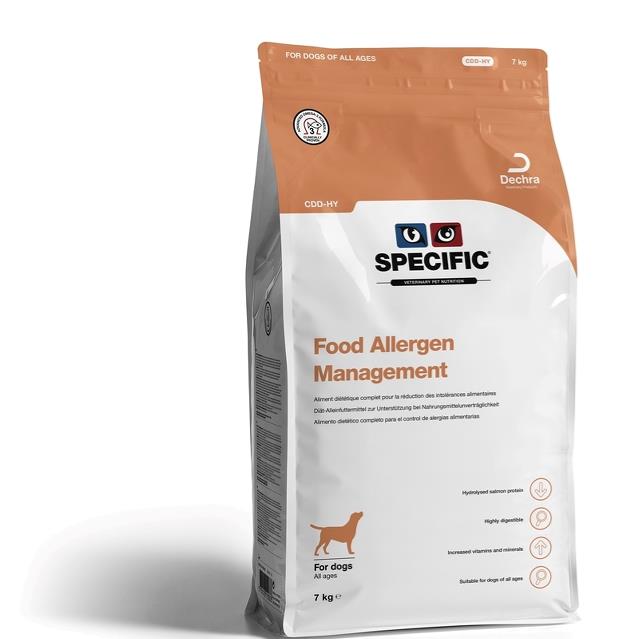Has your dog been itching like crazy, scratching or excessively licking themselves – in which case it’s likely they have some sort of skin condition. The good news is – there are things that can help.
A bit of scratching is normal in dogs but scratching in response to excessive itching is called pruritus and is one of the most common reasons for vet visits.
CAUSES OF SKIN PROBLEMS IN DOGS
There are many causes of skin problems and knowing the cause will help your vet treat both the symptoms and the cause.
PARASITES
The most common cause of skin problems are parasites such as fleas or mites. The bites or an allergic reaction to their bites can cause itching and scratching, hair loss and reddened skin.
![]()
ALLERGIES
Allergies can also cause skin irritation. An allergy is when the immune system overreacts to a harmless substance.
Allergies fall into 3 main groups
-
Flea allergies – an over-reaction to fleabites
-
Environmental allergies – an allergy to substances in the environment such as dust, pollen or mould
![]()
STRESS
This is rarer but some dogs may excessively lick their skin, groom or scratch to cope with stress coming from things such as lack of exercise or mental stimulation or as a response to separation anxiety, loud noises or storms.
![]()
ENDOCRINE
Your dog’s body contains several glands that make up their endocrine system. These glands secrete hormones into their bloodstream to regulate the body’s processes and are vital to the normal production of skin and hair coat.
If the endocrine system secretes too much or too little of these hormone it can cause skin disease, hair loss or poor skin quality.

WHAT WILL YOUR VET DO?
Whatever the cause, skin problems are distressing for your dog and a visit to the vet is probably in order
To treat the disease properly the vet needs to treat both the symptoms and the cause.
Your vet will need to collect a thorough history. You can help them do this by thinking about these questions
- When did you first notice your dog’s symptoms?
- Does your dog itch and scratch and whereabouts on their body?
- Does your dog have these problems constantly or are there certain times when they are worse?
- What is your dog’s general health like – eating, drinking, and exercise?
- Has your dog had any previous or regular treatment? For skin problems / fleas / any other medical problems?
- What do you feed your dog? What treats does your dog have?
- Do you have any other pets? Do these or any family members in the house have any skin problems?
To help you record this information you can download this vet information form
They will then do a clinical examination looking at your dog’s general health, skin and hair and into their ears with an otoscope to identify any changes or to find any mites or fleas that are present.
Your vet may want to carry out further tests to help discover the cause of the problem.
- Study a sample of your dog’s skin cells under a microscope, a process known as cytology. This helps them see if bugs may be causing the infection.
- Your vet may carry out a culture and sensitivity test, this involves the sample being sent to a laboratory to grow the bacteria to test which antibiotic would treat them best.
After a full examination, your vet will decide on the most appropriate treatment. These may include
- Medicated shampoo, gels or creams,
- Skin care products such as antiseptic shampoos
- Anti-itch solutions such as steroids,
- Change to your dog's diet
- A combination of these treatments
Recommended food for dogs with skin problems
HOW FOOD CAN HELP WITH SKIN PROBLEMS
Whilst it is obvious that changing foods can help with skin conditions caused by foods, it is also true that food can help with skin problems in other ways.
HELPING WITH FOOD ALLERGIES AND SENSITIVITIES
If the problem is an allergy or sensitivity to certain foods then diet can help in several ways
- Diets with a limited number of ingredienst reduce the chance of giving them a problem causing ingredient.
- Unusual proteins, that your dog is unlikely to have eaten before will help reduce the risk of a reaction
- Hydrolysed proteins are also good. It is almost always a protein that causes an allergy. Hydrolysis breaks the protein down into smaller pieces using enzymes. When the protein is broken down then the body is unable to recognise it so doesn’t react to it.
![]()
FOODS WITH SKIN SUPPORTING NUTRIENTS
Nutrients such as Omega-3 from fish oils and vitamins and minerals such as zinc, vitamin A and B-complex can all support a healthy skin.
The skin is the first line of defence, and by improving skin condition there is increased protection from things like allergens in the environment, bacteria, irritants. Improving skin condition also helps reduce water loss through the skin
![]()
MANAGING INFLAMMATION
Whatever the cause of the skin condition, inflammation will be involved. Omega-3 fish oils can support the body's natural anti-inflammatory process to help with the distressing itching your dog will be experiencing.
![]()



